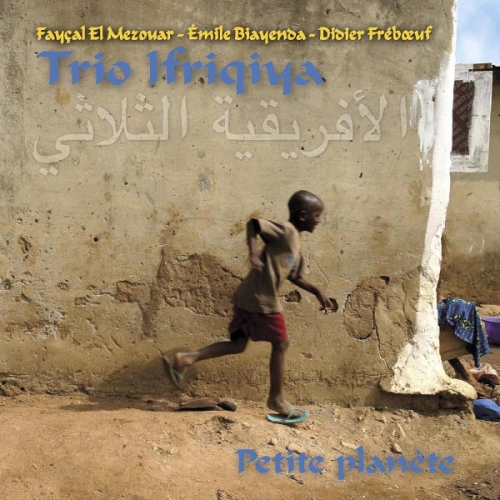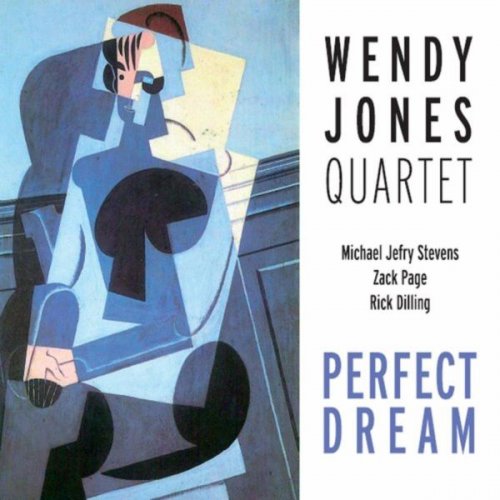Boots Randolph & Richie Cole – Yakety Madness (1992)
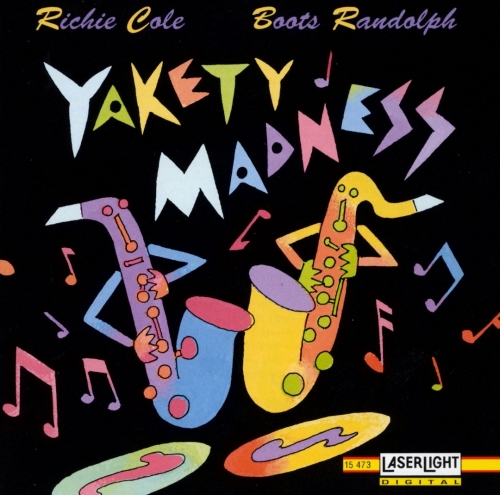
Artist: Boots Randolph & Richie Cole
Title: Yakety Madness
Year Of Release: 1992
Label: Delta Music, LaserLight
Genre: Jazz
Quality: Mp3 320 / Flac (tracks, .cue, log)
Total Time: 35:55
Total Size: 99/237 Mb (scans)
WebSite: Album Preview
Title: Yakety Madness
Year Of Release: 1992
Label: Delta Music, LaserLight
Genre: Jazz
Quality: Mp3 320 / Flac (tracks, .cue, log)
Total Time: 35:55
Total Size: 99/237 Mb (scans)
WebSite: Album Preview
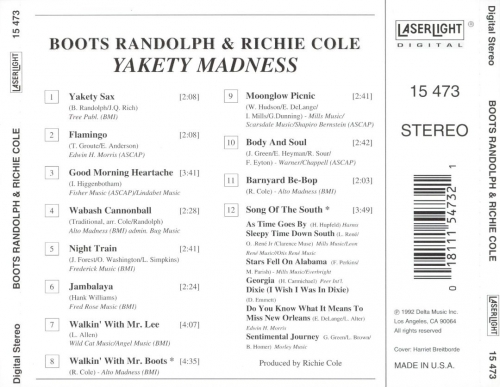
Tracklist:
1. Yakety Sax - 2:05
2. Flamingo - 2:05
3. Good Morning Heartache - 3:40
4. Wabash Cannonball - 2:25
5. Night Train - 2:39
6. Jambalaya - 2:20
7. Walkin' With Mr Lee - 4:06
8. Walkin' With Mr Boots - 4:34
9. Moonglow-Picnic - 2:35
10. Body And Soul - 2:42
11. Barnyard Be-Bop - 2:02
12. Song Of The South ( As Time Goes By / Sleepy Time Down South / Stars Fell On Alabama / Georgia / Dixie (I Wish I Was In Dixieland) / Do You Know What It Means / Sentimental Journey ) - 3:48
Richie Cole, b. ~ Back in the mid-'70s, when bebop was being greatly overshadowed by fusion, Richie Cole showed that not only was bop not old-fashioned, but it could be quite fun. His Alto Madness was essentially the idea that any tune, no matter how unlikely its source, could be turned into exuberant bop. Through the years, he has successfully recorded such songs as "The I Love Lucy Theme," "Holiday for Strings," "Horray for Hollywood," "The White Cliffs of Dover," "Come Fly With Me," "The Star Trek Theme," and even "La Bamba." Influenced by Phil Woods and Charlie Parker, Richie Cole heard jazz from an early age because his father owned a jazz club in New Jersey. He started on alto when he was ten, attended Berklee for two years, and joined Buddy Rich's big band in 1969. After a stint with Lionel Hampton, Cole formed his own group, doing a great deal to popularize bebop in the 1970s. Some of his finest recordings were his early ones for Muse, during a period when he often teamed up with singer Eddie Jefferson. His humor sometimes left critics cold, but Cole was one of the top bop-oriented players of the 1980s, and his Heads Up releases of the '90s (after a few years off the scene) are excellent.
Boots Randolph, b. ~ Tenor saxophonist Boots Randolph was an important contributor to the Nashville sound, the set of pop-flavored textures that dominated country music in the late '50s and early '60s. He was born in Paducah, KY, but grew up in small-town Cadiz, in Trigg County. Born Homer Louis Randolph III, he acquired the nickname "Boots" in childhood from his brother Bob. Randolph began playing the trombone in school and learned several other instruments, but by the time he was 16 he had begun to focus seriously on the sax. He honed his chops as a member of the U.S. Army Band during World War II.
After the war, Randolph returned home and performed semi-professionally for some years around Indiana, Kentucky, and Illinois. In the late '50s, Jethro Burns heard him play and suggested he move to Nashville. Burns introduced Randolph to Chet Atkins, who signed him to the RCA label. Randolph also quickly made the acquaintance of Atkins rival Owen Bradley and performed on many recordings Bradley helmed as producer. Nashville's new corps of session musicians spent its leisure time in the Printer's Alley section of the city's downtown, an actual alley (between First and Second avenues) that offered entrance to various basement barrooms, and Randolph became one of the group. Like other Nashville players, he took enthusiastically to jazz and rock & roll in addition to country music.
One single, the 1963 instrumental "Yakety Sax," showed Randolph putting all these influences together and delivering an extremely catchy tune; it became his only real hit. But Randolph was a consistent seller of LP albums (with 13 charted releases) in the 1960s and 1970s; offering pleasant saxophone covers of material from various genres of music, he became a counterpart to Atkins on guitar and Floyd Cramer on piano. He moved from RCA to the Monument label in 1966. For well over a decade, in addition, he averaged 200-300 studio sessions a year on recordings made by others. The saxophone heard on Elvis Presley's later records is likely to be Randolph's.
Boots Randolph's Yakety Sax! In 1977, Randolph opened a successful club of his own in Printer's Alley; it endured into the 1990s and spawned another club in the Opryland U.S.A. area. Randolph remained active as an entertainer into the 2000s, and in 1994 the original Yakety Sax album was admitted into the unofficial country canon; it was reissued by Germany's Bear Family label. Randolph suffered a brain hemorrhage in late June 2007 and remained in a coma until his passing at the age of 80 on July 3, 2007.
Boots Randolph, b. ~ Tenor saxophonist Boots Randolph was an important contributor to the Nashville sound, the set of pop-flavored textures that dominated country music in the late '50s and early '60s. He was born in Paducah, KY, but grew up in small-town Cadiz, in Trigg County. Born Homer Louis Randolph III, he acquired the nickname "Boots" in childhood from his brother Bob. Randolph began playing the trombone in school and learned several other instruments, but by the time he was 16 he had begun to focus seriously on the sax. He honed his chops as a member of the U.S. Army Band during World War II.
After the war, Randolph returned home and performed semi-professionally for some years around Indiana, Kentucky, and Illinois. In the late '50s, Jethro Burns heard him play and suggested he move to Nashville. Burns introduced Randolph to Chet Atkins, who signed him to the RCA label. Randolph also quickly made the acquaintance of Atkins rival Owen Bradley and performed on many recordings Bradley helmed as producer. Nashville's new corps of session musicians spent its leisure time in the Printer's Alley section of the city's downtown, an actual alley (between First and Second avenues) that offered entrance to various basement barrooms, and Randolph became one of the group. Like other Nashville players, he took enthusiastically to jazz and rock & roll in addition to country music.
One single, the 1963 instrumental "Yakety Sax," showed Randolph putting all these influences together and delivering an extremely catchy tune; it became his only real hit. But Randolph was a consistent seller of LP albums (with 13 charted releases) in the 1960s and 1970s; offering pleasant saxophone covers of material from various genres of music, he became a counterpart to Atkins on guitar and Floyd Cramer on piano. He moved from RCA to the Monument label in 1966. For well over a decade, in addition, he averaged 200-300 studio sessions a year on recordings made by others. The saxophone heard on Elvis Presley's later records is likely to be Randolph's.
Boots Randolph's Yakety Sax! In 1977, Randolph opened a successful club of his own in Printer's Alley; it endured into the 1990s and spawned another club in the Opryland U.S.A. area. Randolph remained active as an entertainer into the 2000s, and in 1994 the original Yakety Sax album was admitted into the unofficial country canon; it was reissued by Germany's Bear Family label. Randolph suffered a brain hemorrhage in late June 2007 and remained in a coma until his passing at the age of 80 on July 3, 2007.
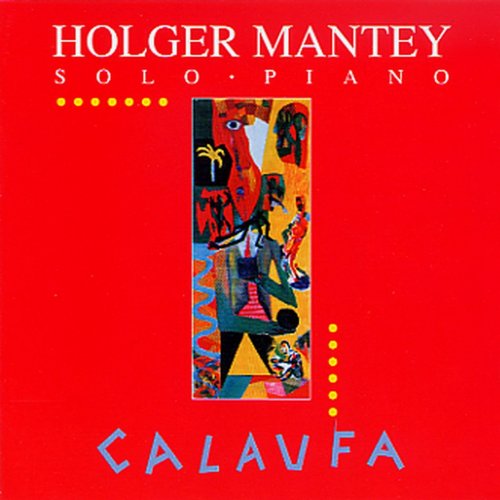
![Batila - In Light (2026) [Hi-Res] Batila - In Light (2026) [Hi-Res]](https://img.israbox.com/img/2026-02/23/8fny4jm9awckbp30f8iv1d4uv.jpg)
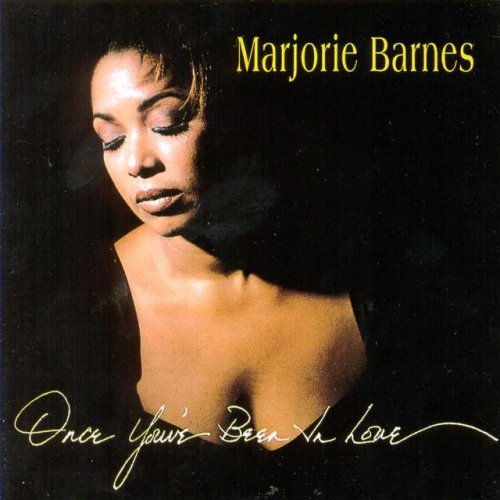
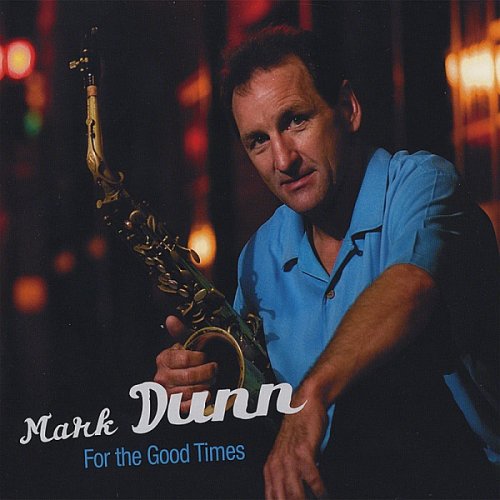
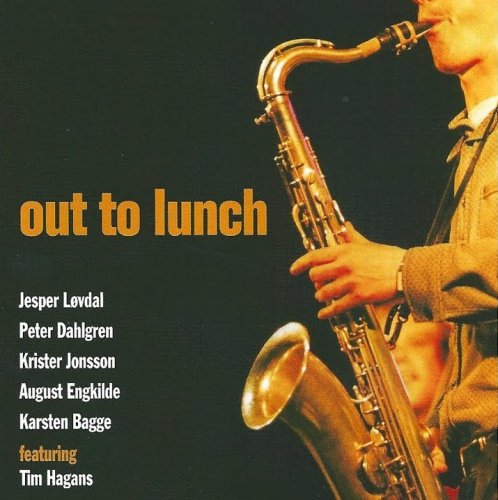
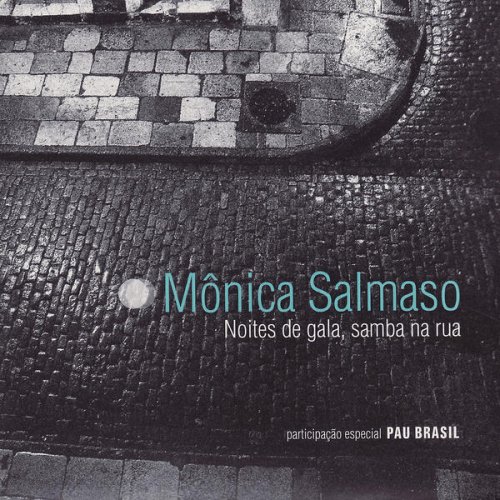
![Double Drums, Philipp Jungk & Alexander Glöggler - All You Can Beat (2026) [Hi-Res] Double Drums, Philipp Jungk & Alexander Glöggler - All You Can Beat (2026) [Hi-Res]](https://www.dibpic.com/uploads/posts/2026-02/1771946421_folder.jpg)
